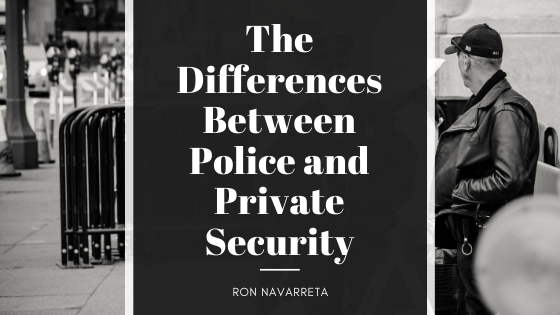At first glance, it can be tricky to tell whether a uniformed security official is a police officer or a member of a private security team. However, these two types of public safety providers play very different roles in society. Here are some of the things that distinguish police officers from private security guards.
Responsibilities and Duties
A police officer’s main responsibility is to the general public. Though their duties may change depending on where they are assigned or which department they belong to, they will typically focus on protecting people and stopping crime wherever they see it. In contrast, private security only has a responsibility to care for the property, employees, or customers of the company that has hired them. This may change their priorities in any situation.
Budgets
Police officers are paid by state or local governments through public funding. Meanwhile, private security teams can sell their services to the highest bidder, so they tend to be better funded. In addition to having higher paychecks, private security may often have newer equipment than police officers. However, there is a lot of variation in private security’s salaries, since so much depends on the company’s negotiation skills. Police officers tend to have a stable, mid-level salary, while private security teams may have unusually high or low salaries.
Authority
In their role as public servants, police officers have a lot of power. As long as they meet requirements for search warrants or probable cause, they can pull over cars for traffic violations, take people in for questioning, and search private homes. Meanwhile, private security cannot make any traffic stops, and they can only detain an individual in a citizen’s arrest if they have witnessed a crime or have reasonable suspicion that a person has committed a felony. They can only do searches with permission.
Training
Because they play such an important role in society, all police officers must meet rigorous training standards. Things are far less regulated for private security. Though some companies may provide training as good as or even better than police training, many private securities have laxer training requirements. This means that private security may be less aware of how to handle unusual circumstances.

